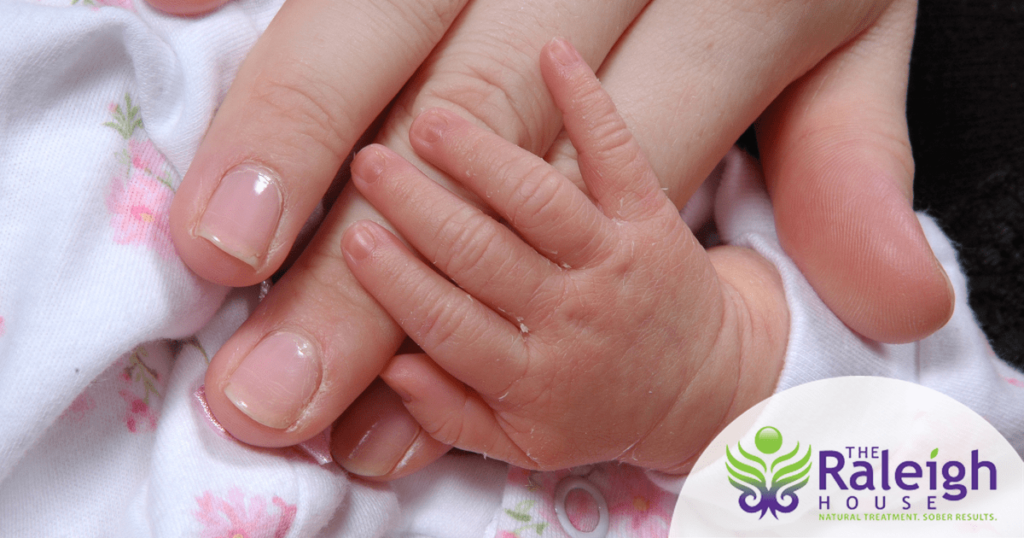
A baby is born approximately every 15 minutes in the United States suffering from opioid withdrawal, according to a new study published in the journal Pediatrics.
Known as neonatal abstinence syndrome (NAS), the condition has increased 433 percent from 2004 to 2014. Now, eight out of every 1,000 babies born in the hospital in the U.S. suffers from NAS. It’s attributed to both heroin and opioid prescription painkiller use during pregnancy.
Babies born with NAS are irritable, can have feeding or breathing problems and are likely to be underweight.
All of which raises one very important question: What can be done to help these babies?
Helping Infants with NAS
Dr. Stephanie Merhar, a neonatologist at Cincinnati Children’s Hospital, studied the effects of opioid use on 97 infants who had been diagnosed with NAS. What she found is that, while the long-term outlook for these babies is not known, most were able to overcome the effects of NAS by their two-year check-ups.
Dr. Lauren Jansson is the director of pediatrics at the Center for Addiction and Pregnancy at Johns Hopkins Medicine. She said there is one thing we know for sure: That babies suffering from NAS are more likely to do well if their mothers receive treatment.
“The one solid thing we can say about children who are exposed to substances prenatally,” she said, “is that their mothers need treatment.”
In other words, children of recovering addicts can go on to lead healthy and good lives.
Opioid Recovery Benefits and The Raleigh House
If you’re pregnant and using either heroin or opioid painkillers, you may feel hopeless. But research shows that just the opposite is true. By seeking immediate medical help, you can change the future for both your child and yourself.
At The Raleigh House, we take a whole-person approach to recovery. That means we don’t just get the heroin or painkillers out of your system. The real work is helping you recover psychologically, mentally, spiritually and socially.
We also evaluate—and treat—residents for any co-occurring conditions that may exist, such as depression or post-traumatic stress disorder. Fill out our form or contact us today to learn more about the prescription painkillers or heroin treatment program at The Raleigh House.
FAQs About Opioid Addiction
What are the 3 Opioid Addiction Stats?
What are the Dangers of Combining Opioids & Sedatives?
What is the Cost of the Opioid Epidemic?
What are the Impacts of COVID-19 on the Opioid Epidemic?
What Is the Difference Between Opioids and Opiates?
What are the Pros and Cons of Using Marijuana to Quit Opioid Drugs?
Can Medical Marijuana be Used as an Alternative to Opioids?
Why Construction Workers are at Higher Risk of Opioid Addiction?
How Opioids Depress Productivity & Our Workforce?
What’s New in the Opioid Epidemic?
How the Opioid Epidemic is Affecting Millennials?
How Opioids Can Affect Your Gut Health?
What are The Risks of Opioid Use and HIV?
What are the Signs and Symptoms of Opioid Withdrawal?
How to Help Babies of Recovering Addicts?
What Emerging Meth Crisis Has to Do with Opioid Users?
What is the Role of Family in Recovering from Opioid Addiction?
What are the Opioid Prescription Statistics?
What is the Pandemic on Opioid Addiction?
Can Medical Marijuana Reduce Opioid Use?
What are the statistics on the Current Opioid Epidemic?
How Opioid Use Increases HIV Risk

